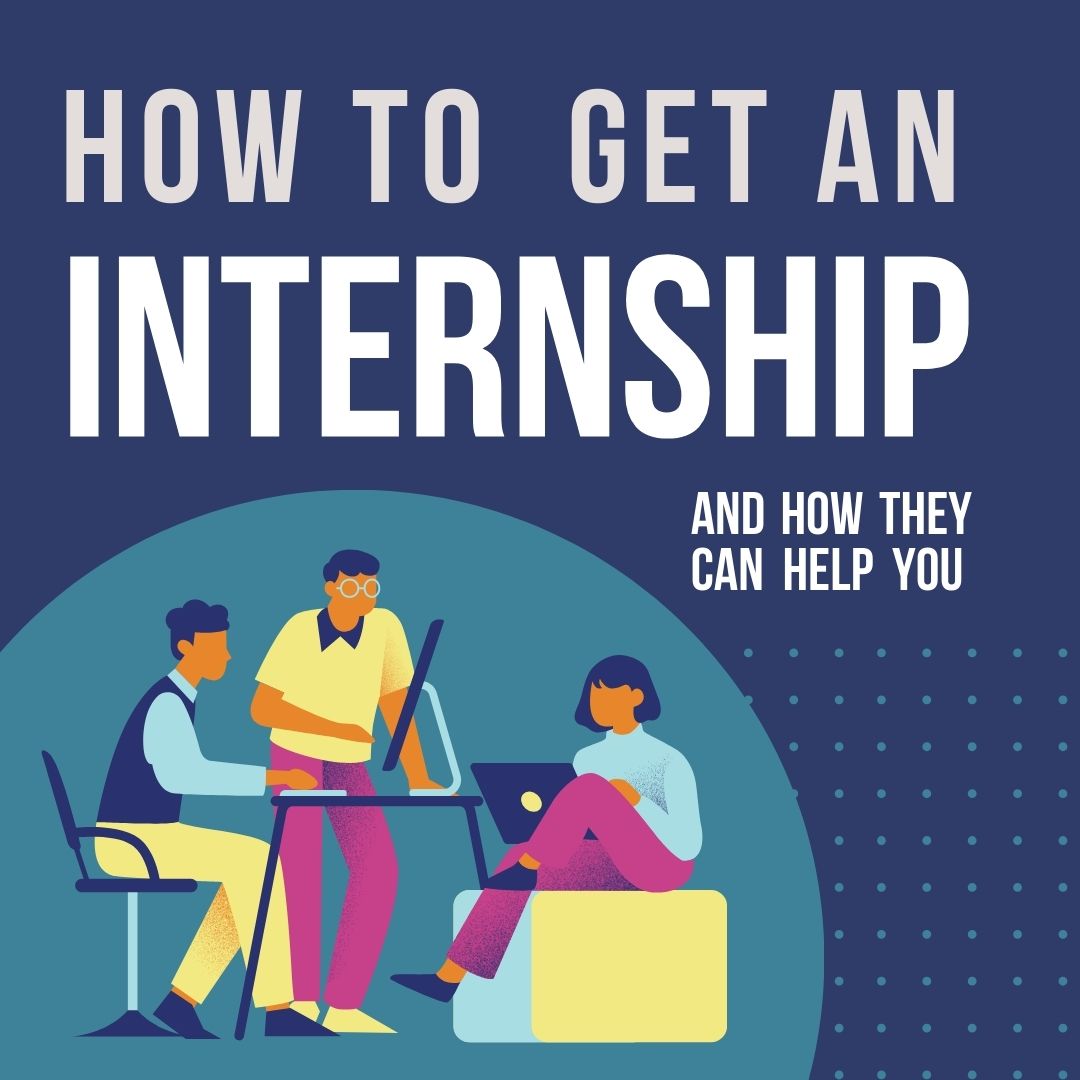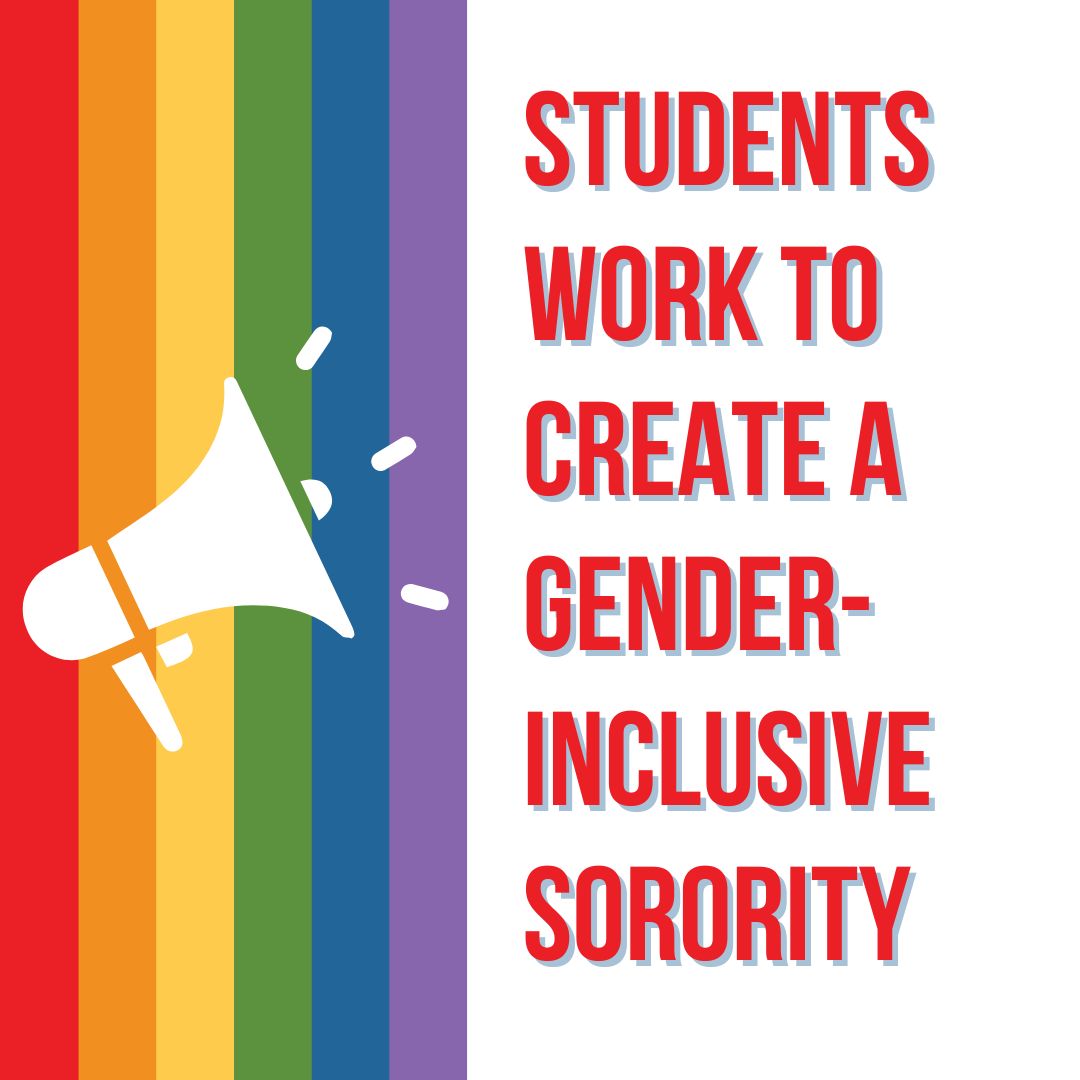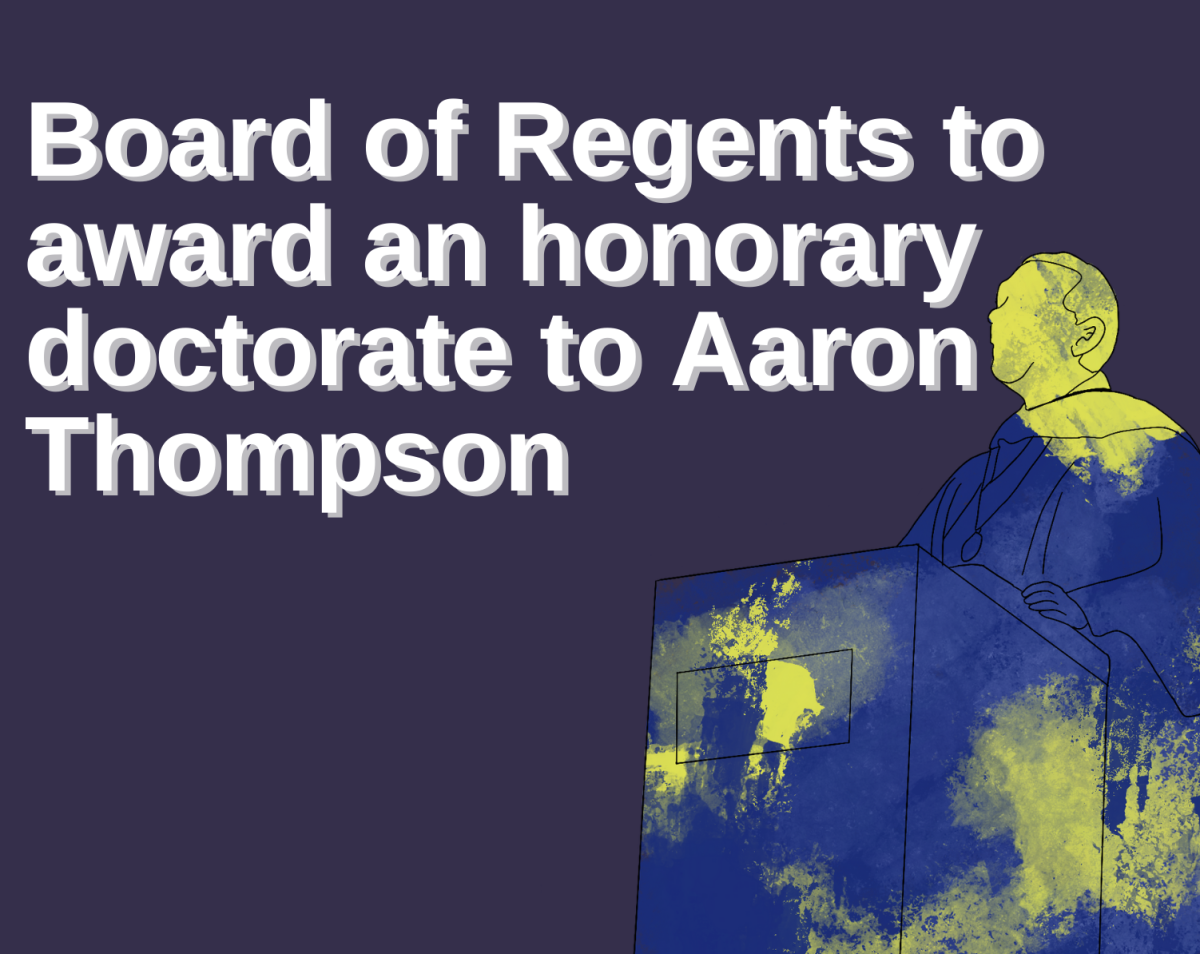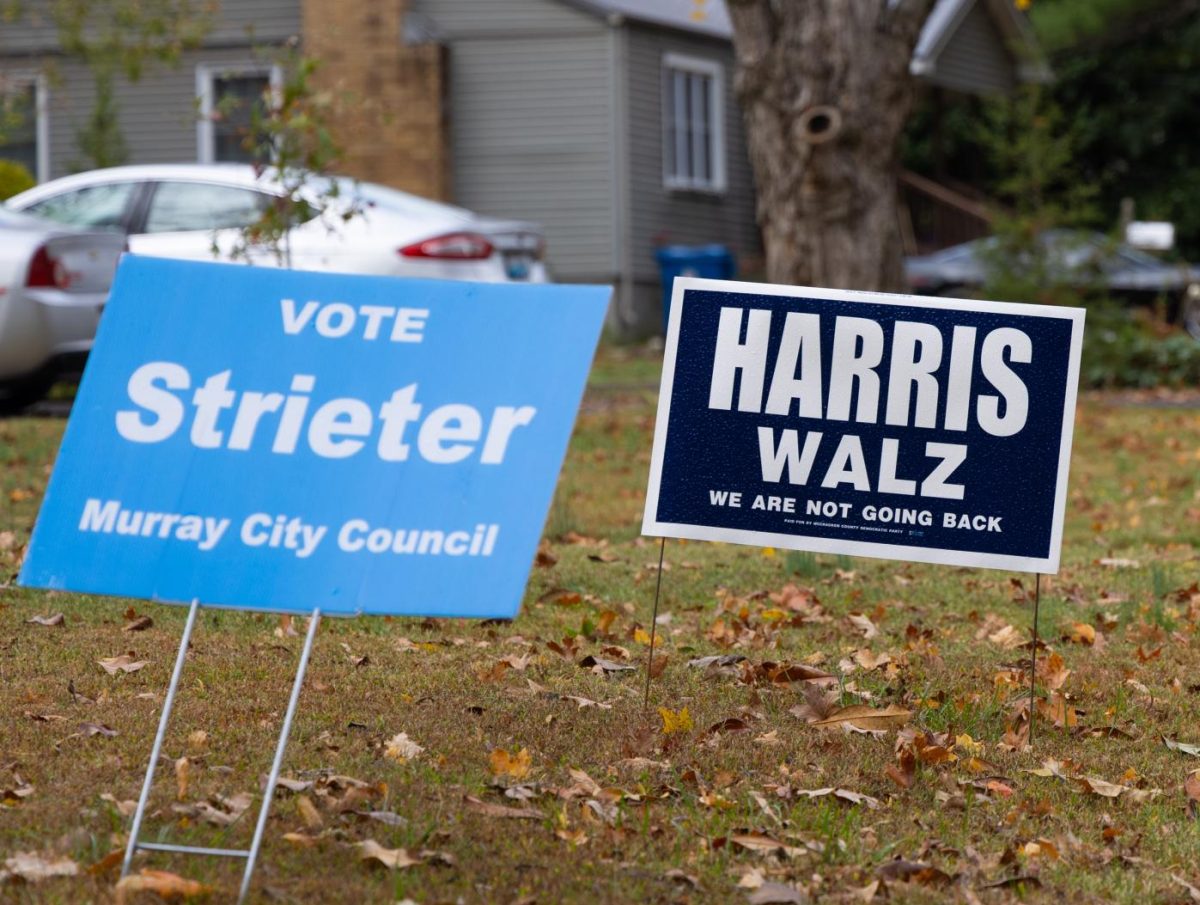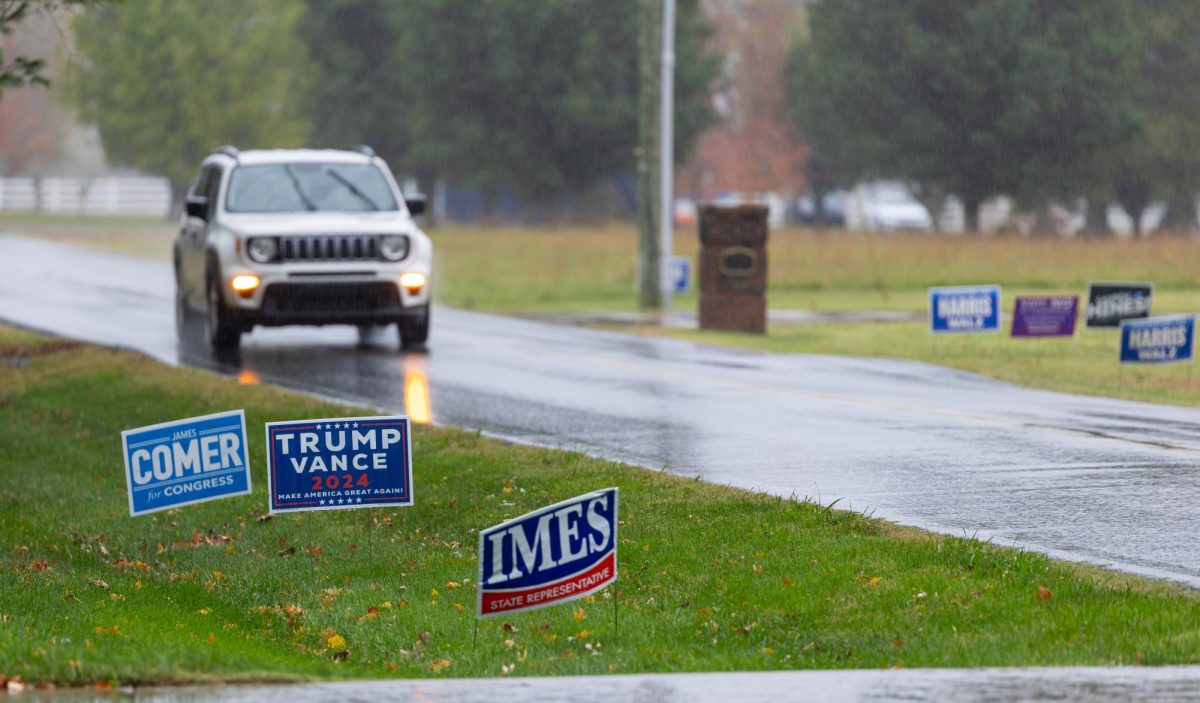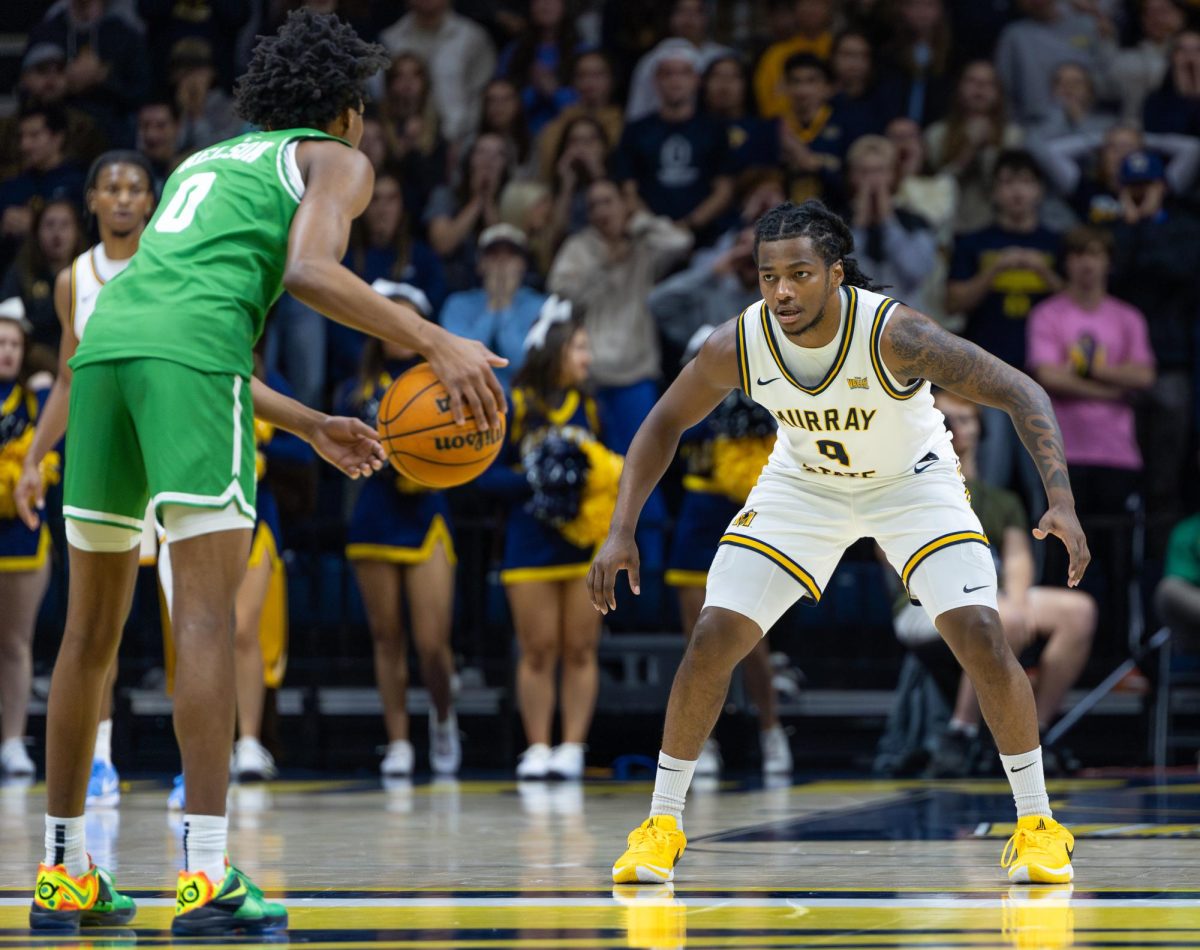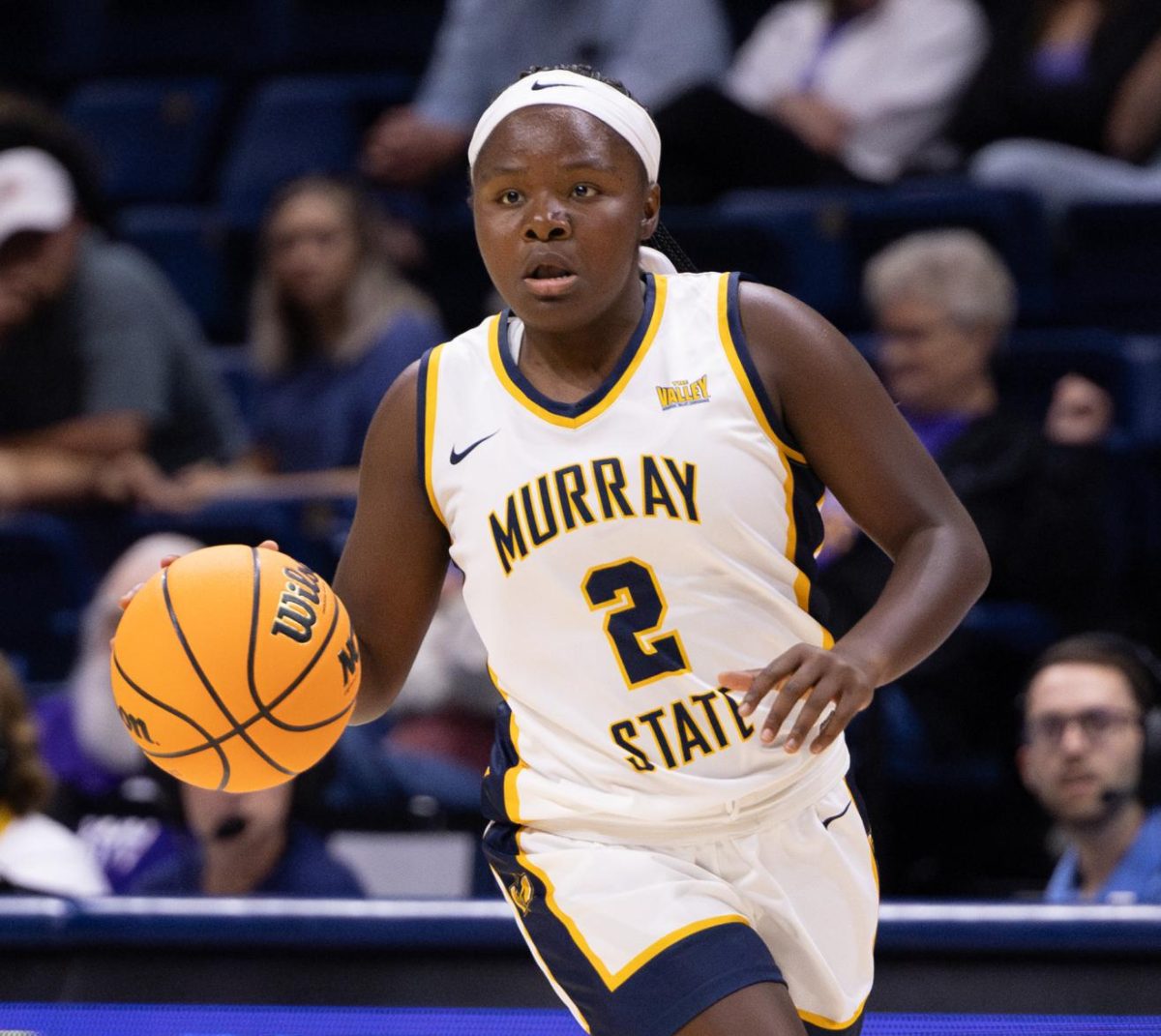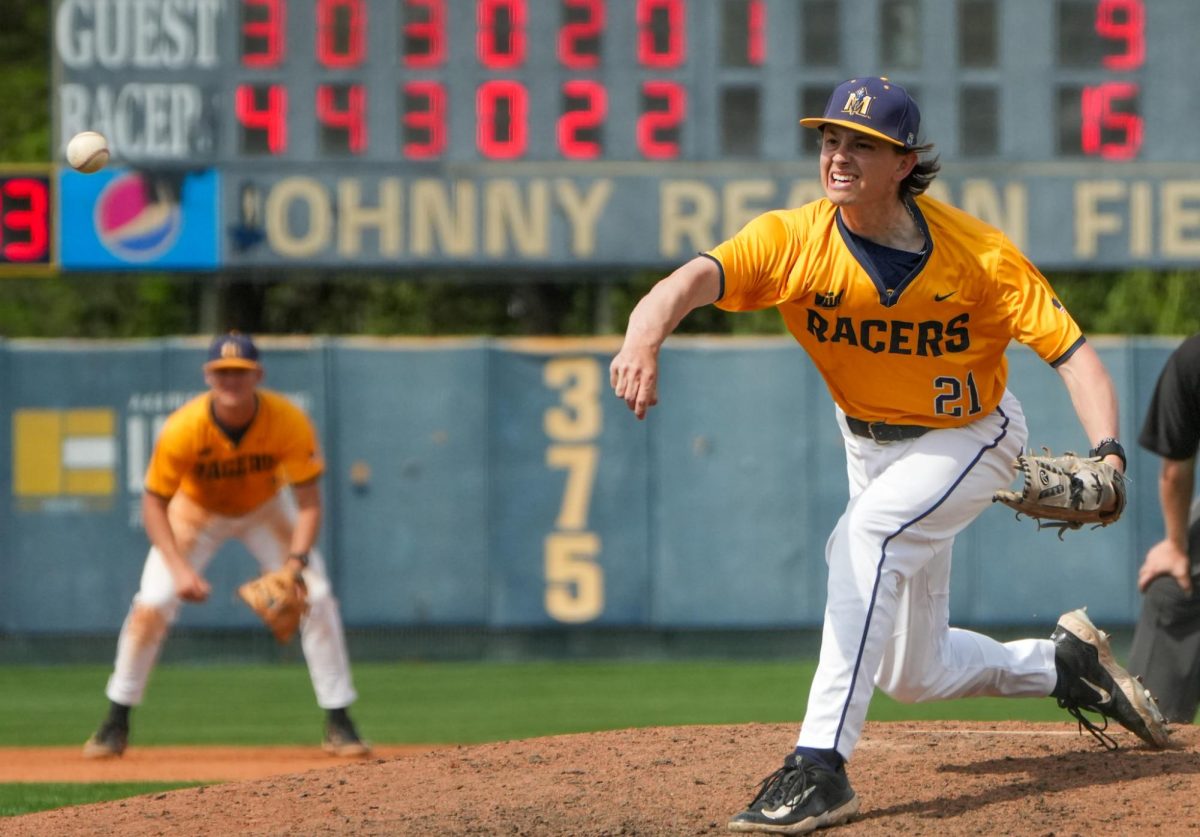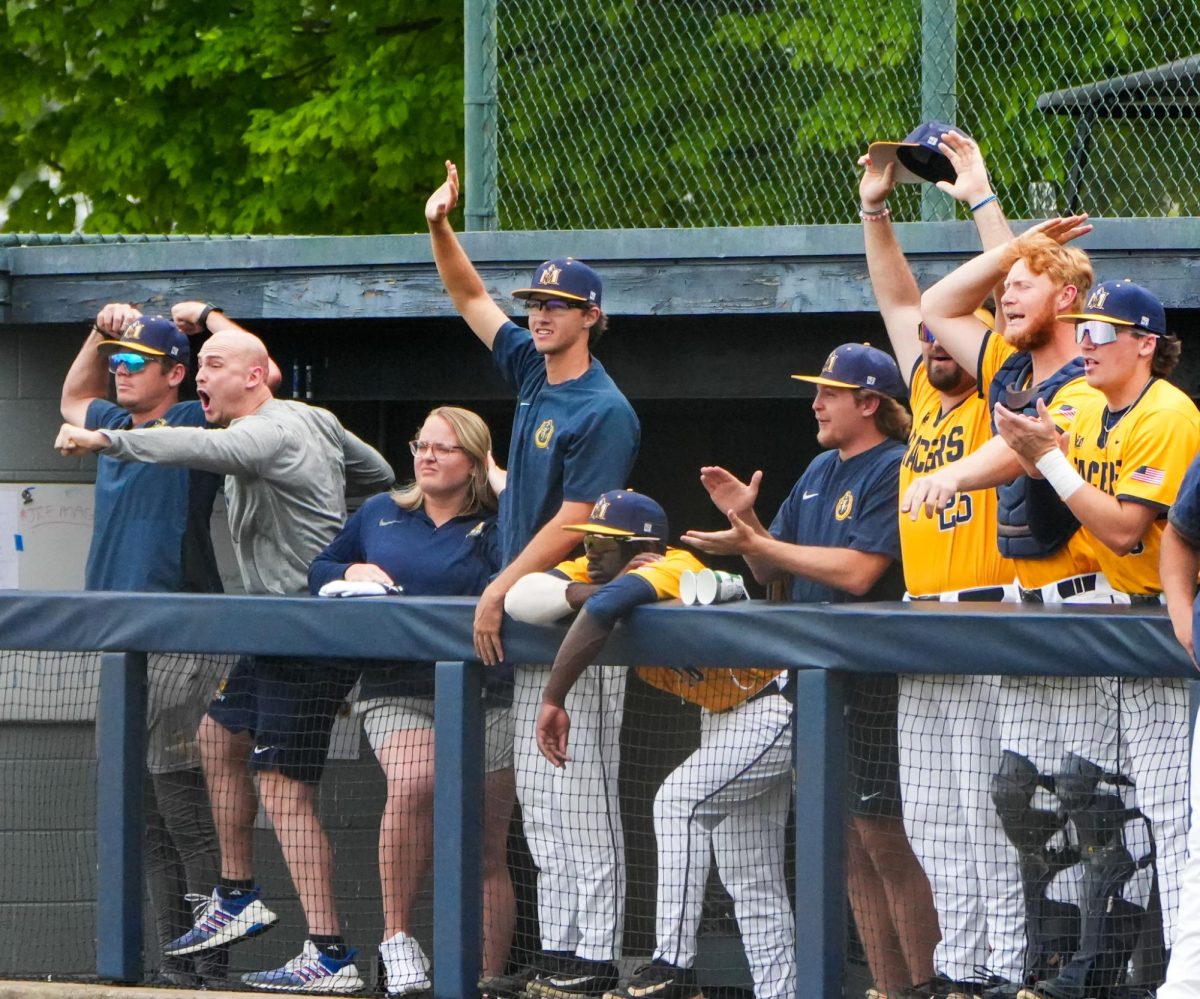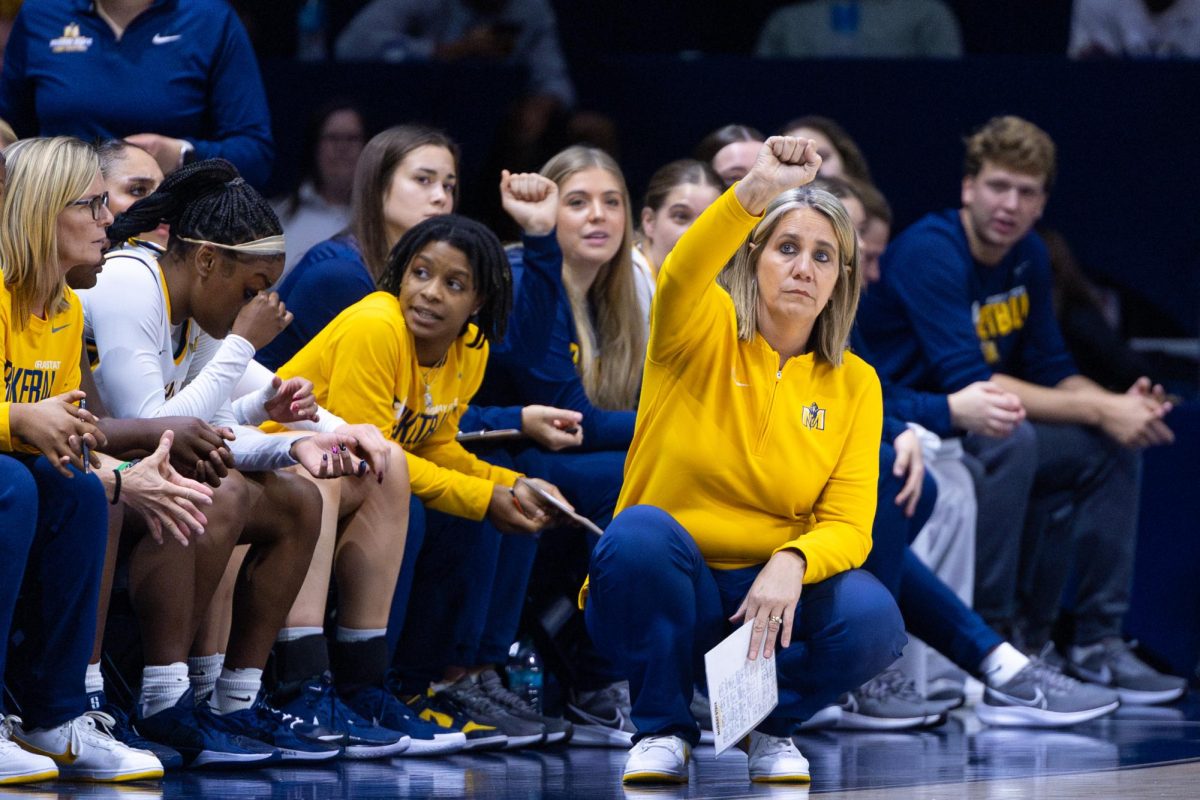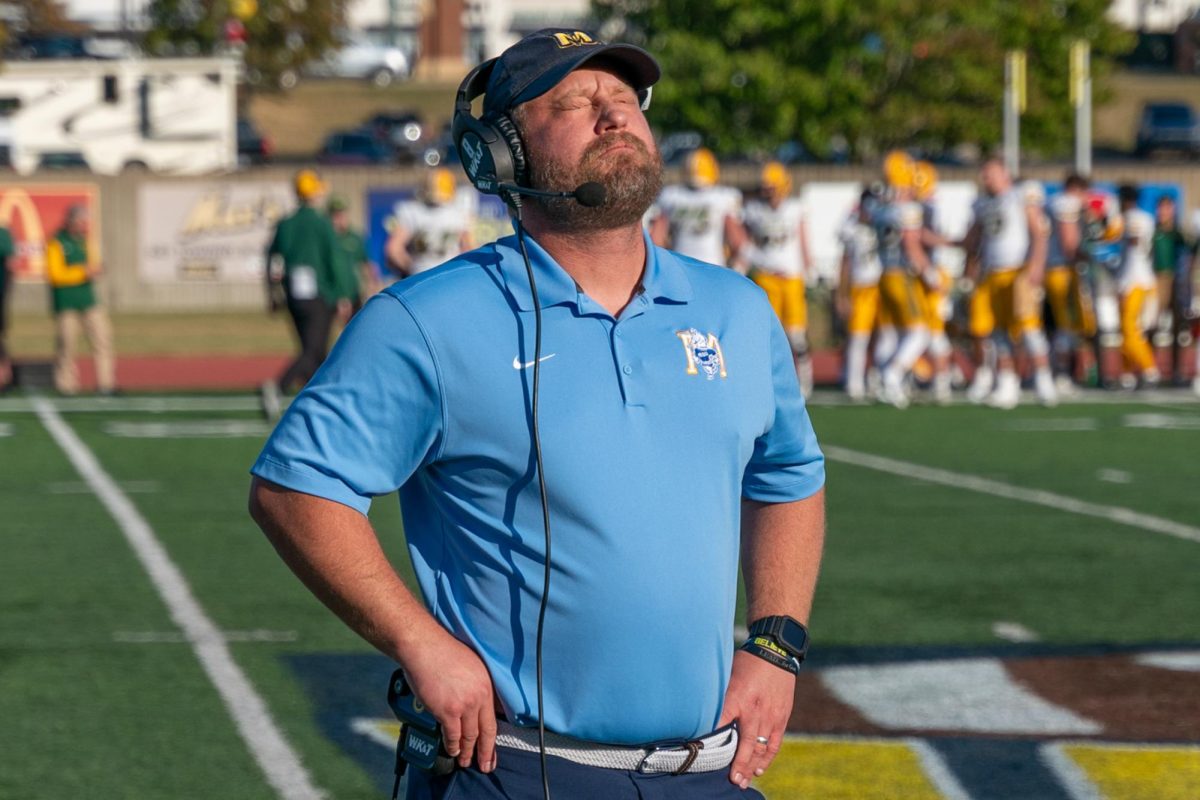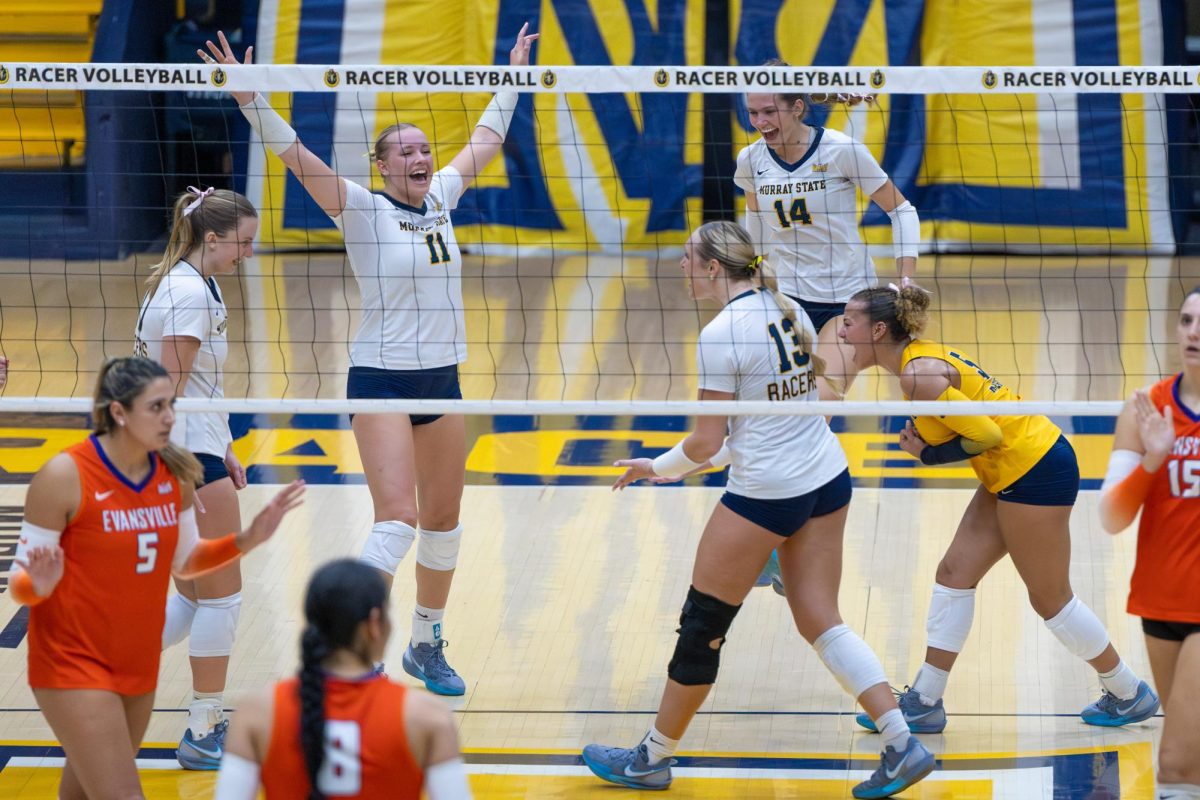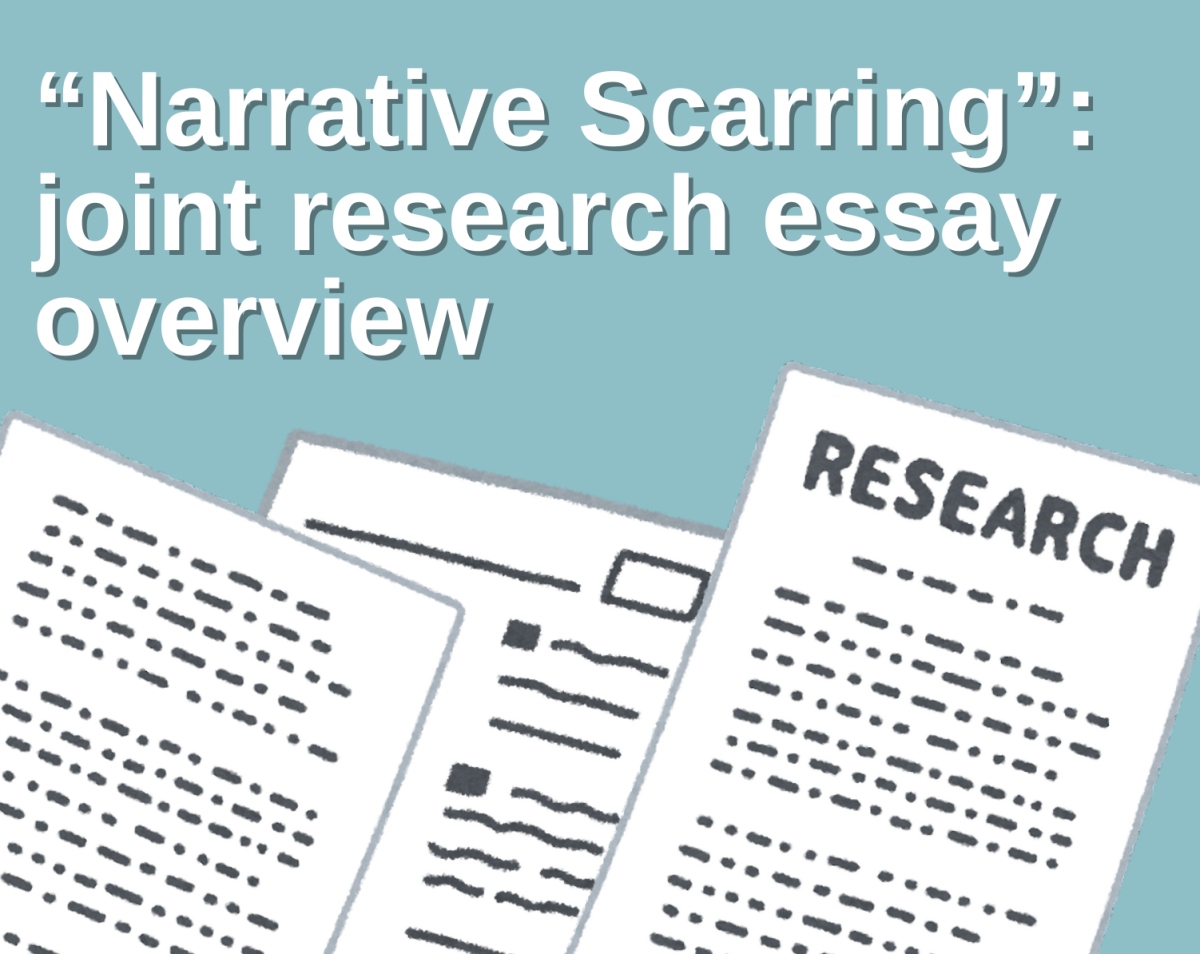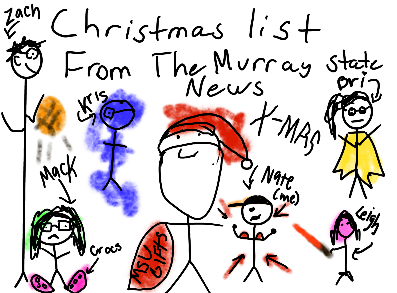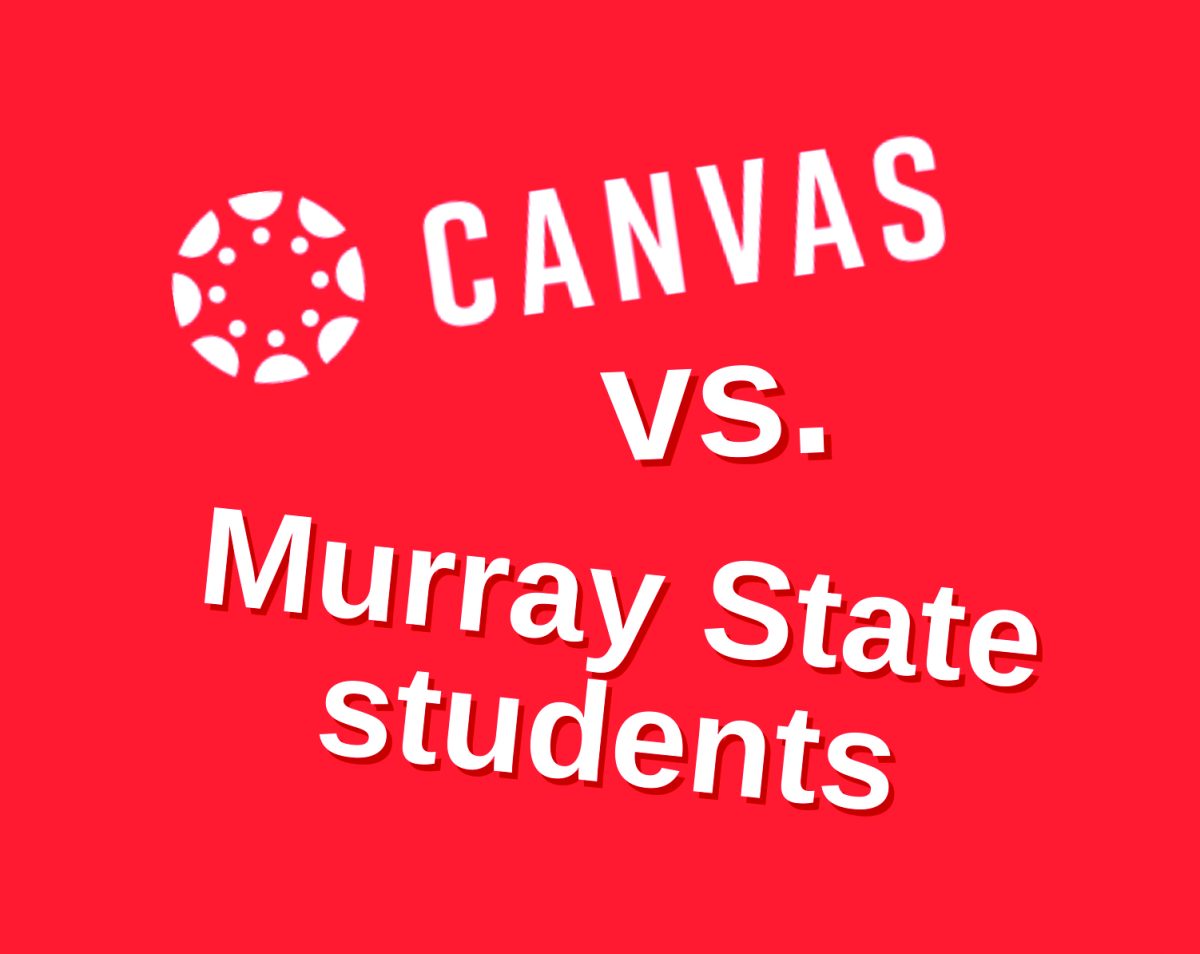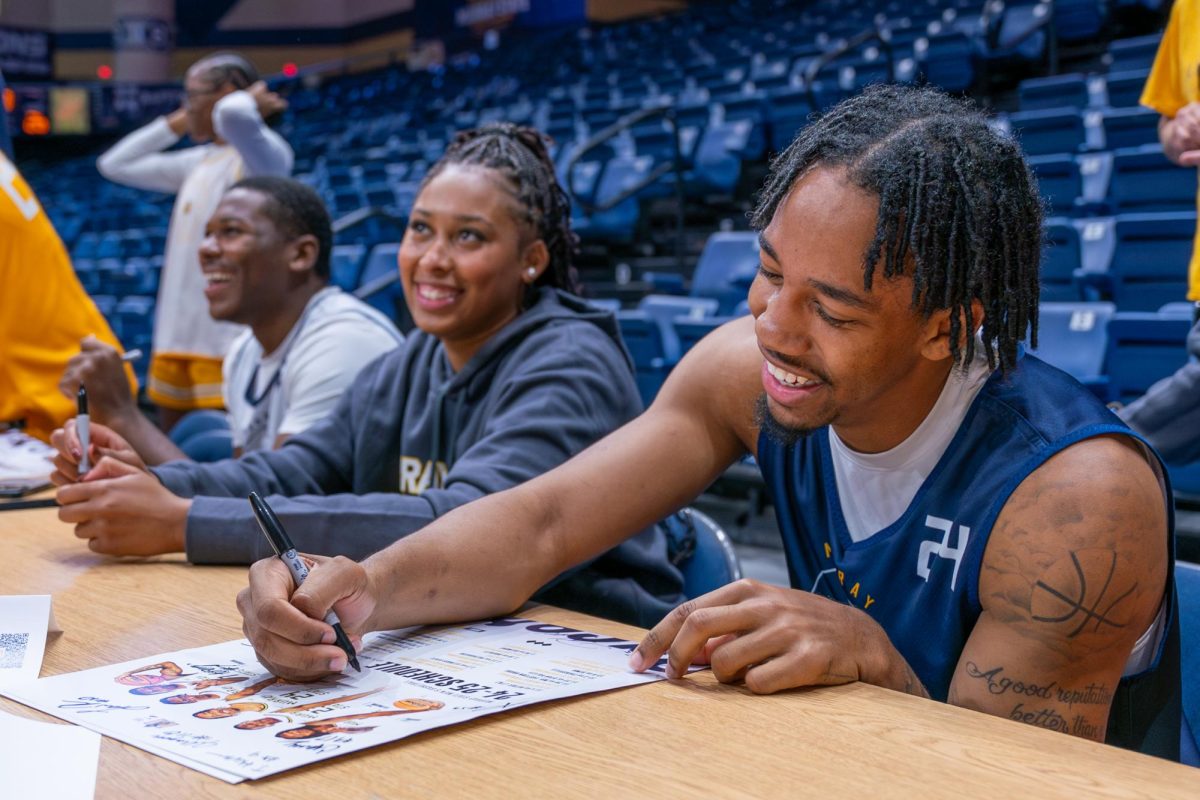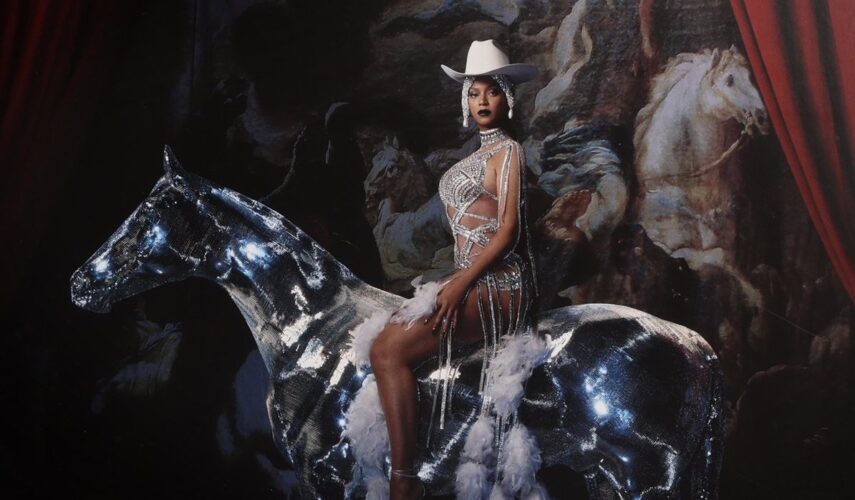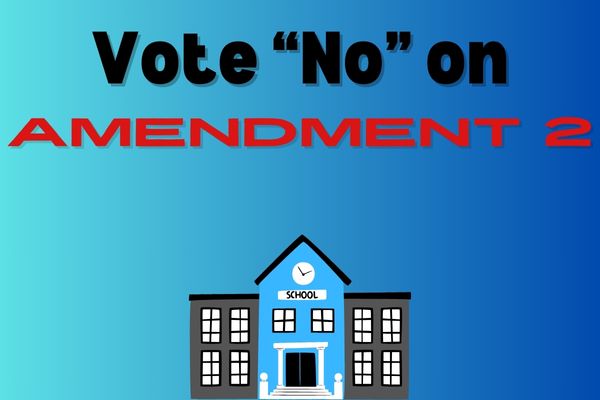Dionte Berry
Editor-in-Chief
[email protected]
With the COVID-19 pandemic, recurring social strife and recent Supreme Court decisions, summer was marked by strains of negativity. American singer-songwriter and Grammy-acclaimed artist Beyonce Knowles found an escape from the mudslide of negativity in the creation of her seventh solo album, “RENAISSANCE.”
“Creating this album allowed me a place to dream and to find escape during a scary time for the world,” Knowles posted on Instagram. “It allowed me to feel free and adventurous in a time when little else was moving.”
“RENAISSANCE” was released on July 29, and it doesn’t just show Knowles’ take on dance music but also her appreciation for club, house and bounce music as well as shining a light on the queer Black origins of these subgenres.
To further embrace queer Black creativity, Knowles widely uses samples crediting the origins of the dance subgenres she uses.
Knowles doesn’t just rely on the foundation that was already made by queer Black creatives, but she also injects her own confidence and sexual agency paired with her wide array of vocals, from the singing we are familiar with to rapping.
“I’M THAT GIRL” is an assertive start to the 16-track album. The track starts with a greatly used interpolation of “Still Pimpin” by Tommy Wright III and Princess Loko which builds a sense of confidence and intimidation.
Knowles asserts that she’s “that girl,” and it’s not because of the diamonds, pearls or designer clothes that line her closet. “I’M THAT GIRL” does a great job of introducing us to “RENAISSANCE.”
The beginning of “COZY” instantly draws me in with the lyrics “This a reminder,” which instantly cuts to a clubby house beat. Knowles does a large amount of rapping, reminding people she’s cozy with who she is and no one can shake that.
“COZY” is infectiously dancey and is something I would love to hear in the club.
“ALIEN SUPERSTAR” has an ethereal edge to it, and Knowles is describing a woman that has too much to offer for this world and treasures uniqueness. The track also features some ballroom inspiration featuring lyrics revolving around ballroom “categories.”
“ENERGY” begins with a groovy sound with American artist BEAM rapping the chorus. Knowles comes on with politically and socially fueled lyrics that compares “Karens” to terrorists and how “45” needed to go, referencing former President Donald Trump.
From its groovy start, “ENERGY” develops a more stripped back Afrobeats sound as the song progresses, which works great to support Knowles’ lyrics.
“BREAK MY SOUL” was the lead single that gave listeners a taste of house and bounce music. Freddie Ross Jr., professionally known as Big Freedia, the pioneer of bounce music, ad-libs in the background which gives the song a more dancelike energy.
“CHURCH GIRL” isn’t as Godly as its title suggests. Knowles raps over a club beat, talking about church girls and partying and dancing down on Saturday before going to church on Sunday.
When the song picks up, a repetitive pitter-patter takes up the background of the song, making for a dance climax.
“MOVE” has clubby Afrobeats and a mix of Knowles rapping, with her vocals more blown out in parts while her rapping is more sensual and whispery. The lyrics detail a club atmosphere where Knowles and her girls need some space to dance and have fun.
“HEATED” starts like none of the other tracks with a warped isolated guitar intro which transforms into a clubby Afrobeat. Knowles sings and ad-libs in the background with an assertive rap.
Knowles references her Uncle Johnny with the lyric “Uncle Johnny made my dress.” Knowles dedicated her 2019 GLAAD Award to her uncle who died of AIDS, according to a post her mother Tina Knowles-Lawson made on Instagram.
Referencing the lyric where Knowles mentioned Johnny, he actually did make Knowles’ prom dress.
“THIQUE” has a contained dance energy with a heavy bass that picks up toward the middle with synths accompanying Knowles’ vocals, which has grown from rap to singing.
“AMERICA HAS A PROBLEM” starts with an assertive low beat that puts an emphasis on Knowles’ rapping. Even though the song is dominated by Knowles’ vocals, the song still has a clubby dance feel.
“PURE/HONEY” pays homage to ballroom, a Black and queer subculture, and it’s apparent in the first second of the track with the iconic ballroom clap that reappears throughout the song.
Toward the middle the track transforms from rap to singing, and the beat is accompanied with brass and wind instruments.
A sample of Moi Renee’s “Miss Honey” closes out the track.
Finishing up the album is “SUMMER RENAISSANCE,” a synth-based house track with a raplike finale. Overall the song makes references to earlier house and club music and does a great job of closing out the album.
“RENAISSANCE” is the act of escapism that we need. We are constantly bogged down with negative news. After being subjected to a pandemic for nearly three years, we want to dance and we want to have fun, and Knowles did a great job of capturing that.
“RENAISSANCE” has also served to bolster the conversation about sampling in the music world, which has recently become more popular. Sampling began as a way to interpolate a piece of music into another because of a lack of access to personal instrumentation.
Music reviewers and people who feel the need to post their opinion on social media compare it to copy and paste, but I don’t think the samples dampen the creativity and personal touch Knowles has put on “RENAISSANCE.”
All of the samples are well thought out and work seamlessly with Knowles’ sound. Listeners should not hyper-focus on figuring out where a certain sample originated from but instead see how it’s been taken to inject new life into another project.
“RENAISSANCE” deserves a nine out of 10 and marks a powerful return of Knowles after her critically acclaimed 2016 album “Lemonade.”
On her Instagram Knowles said “RENAISSANCE” was only Act I of a supposed trilogy, so I am excited to see what she has in store for us.


